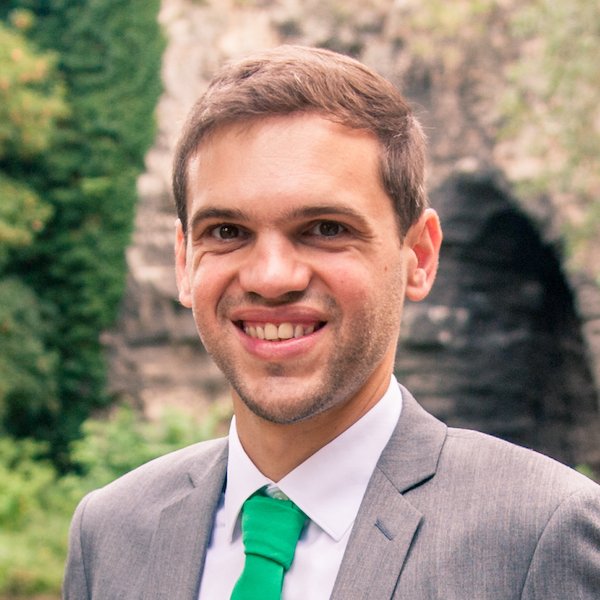About
Find out where this website came from
This website was created by entrepreneur, blogger and all-around music lover Georges-Henri Betbeze. It was borne out of a life-long obsession of music in all its forms, from the most mainstream to the most far-fetched…
In the spring of 1986, Princess Stéphanie of Monaco released her first single, the aptly titled “Ouragan” (Hurricane). It was a minor event in the Principality, Stéphanie being the first member of the royal family to try her hand at music — although not the first to try their hand at performing arts: her illustrious mother had of course been a major motion picture actress before her time…
Beyond royals, though, this song happened to be an even bigger event in the life of 5-year Frenchman Georges-Henri, who listened to the song on the radio and instantaneously fell in love with it, finding it to be the best song in the world, albeit knowing very few other songs at that point. He talked about it enough at school for a supervisor to find out about this (unrequited) love and decide to gift him their copy of the single — in those olden days, you actually needed a turntable to listen to a song.
Things changed for Georges-Henri in the years that followed, with the discovery of classic bands like Queen, The Beatles and Pink Floyd, as well as chart-toppers of the era including Ace of Base, Spice Girls and Coolio for good measure. The point is — music is music and listening to it will do you good. Reading about it hopefully too…
